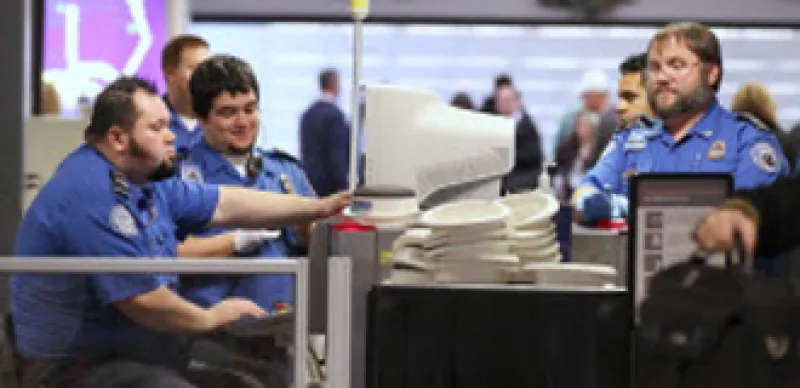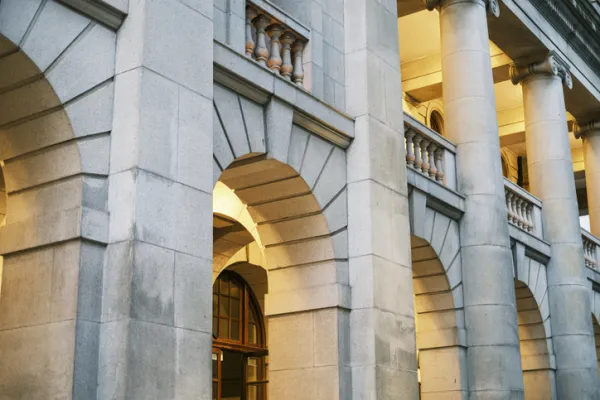By now, almost everyone in the U.S. is familiar with John Tyner, the 31-year-old entrepreneur from San Diego who balked at the prospect of a full-body scan and an “enhanced pat down” at an airline security gate. He warned workers from the Transportation Security Administration “if you touch my junk, I’m gonna have you arrested.” The TSA refused to back down, and Tyner decided that he would rather miss his flight than submit to overly-familiar scrutiny of his person.
Just a few days later, Harrah’s, the world’s largest gaming company, balked at the prospect of an enhanced pat down of a different sort. The company, trying to shed debt from its highly leveraged buyout, had planned to go public on November 19. But it became obvious that the IPO would not make it past the increasingly strict security gate that investors have established for private-equity backed IPOs. So Harrah’s pulled a Tyner, turning around at the gate and canceling its offering.
Investors have been on high-alert for suspicious private-equity backed IPOs. Almost 40 percent of this year’s private-equity backed offerings have generated losses for investors, according to Bloomberg. And those sponsor-backed deals that have gone up in value aren’t exactly lighting the world on fire. Total private-equity backed IPOs are up 1.2 percent for the year in the stock market, while IPOs without private equity backing are up 9.4 percent, a Bloomberg analysis shows.
Given the record of dangerous private-equity backed IPOs, investors thought it ill-advised to touch Harrah’s junk— which is rated CCC by S&P and trades at 86 cents on the dollar . The company, taken private by TPG and Apollo in 2008 in a highly-leveraged deal valued at $31 billion, has been troubled. Its debt level remains high and it is having trouble meeting its interest payments, which are 11 times pre-tax cash flow, or more than three times as high as the benchmark for most companies . Harrah’s faces competition from higher-profile gaming venues in Las Vegas and it has no active presence in Macau, now the world’s biggest gaming destination. As a result, the company reported a third-quarter loss of $165 million.
The company’s most dramatic progress, perhaps, has been in the realm of financial engineering. Hedge fund king John Paulson agreed to swap discounted debt for a 9 percent equity stake in the company.
Given the circumstances, investors were disinclined to pay $15 to $17 a share for the deal. Harrah’s pulled the IPO citing “market conditions.” Had it gone through, the deal would have raised $531 million in a 9 percent float.
Harrah’s isn’t the only private-equity backed company facing more scrutiny. Aeroflex, which makes semiconductors for wireless systems, went public last week in a $233 million deal. But shares of the company, backed by Golden Gate Capital, Veritas, and Goldman Sachs, fell 6 percent after their opening from $13.50 to $13.18. Again, debt is an issue. The company has been losing money and debt payments are more than 30 percent of operating earnings . And Lizhan Environmental, a Chinese company that makes synthetic leather for the automotive sector and other industries, revised its offering price to $4, down from an original range of $5 to $6 a share. It is backed by Maxim Group.
In short, the security standards for private-equity backed deals are much higher now. Wary because of past blow-ups, investors are much more reluctant to let highly explosive balance sheets through the gate. Those companies that do make it through are under strict supervision.






